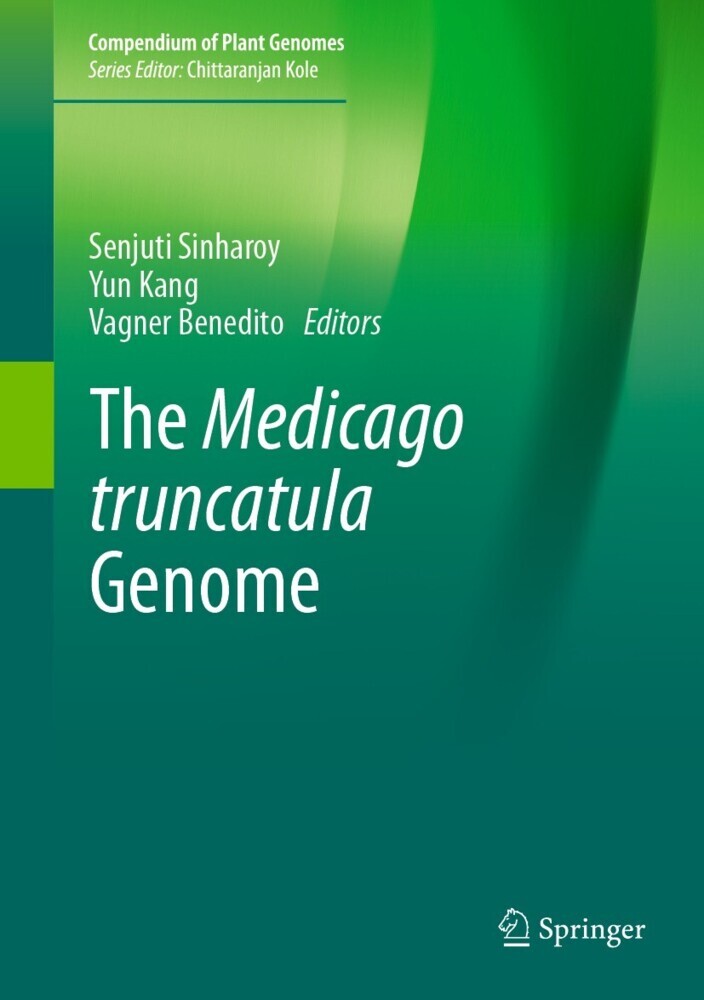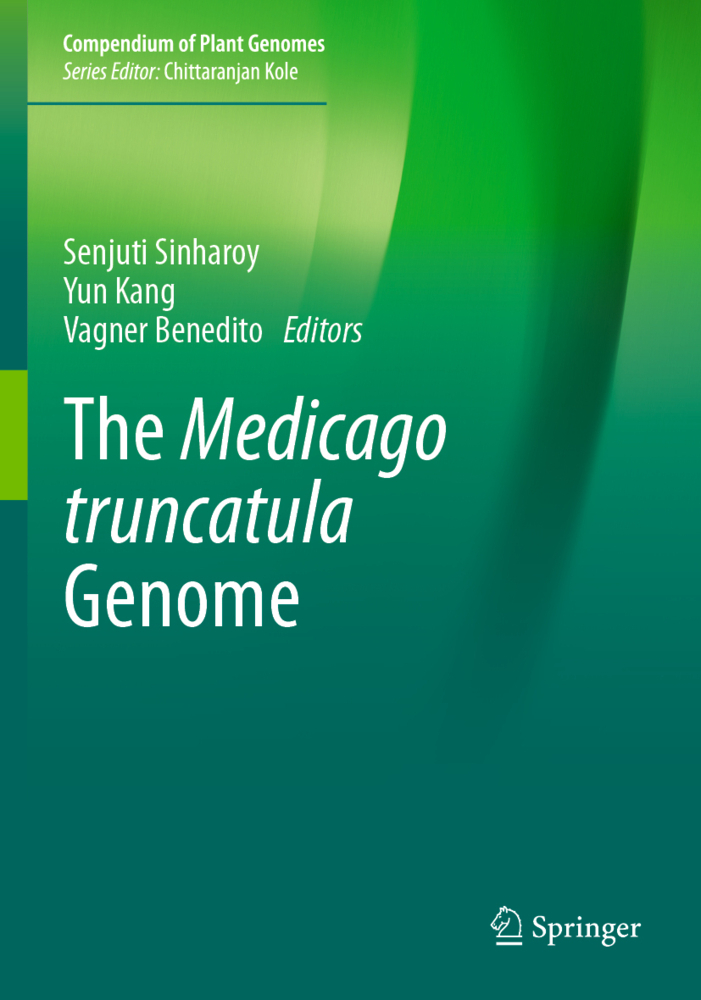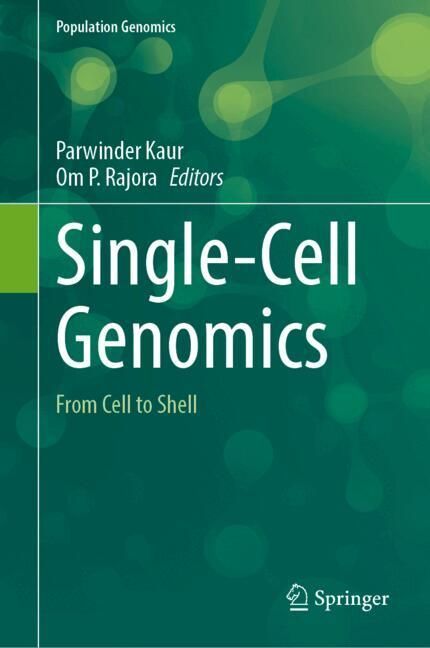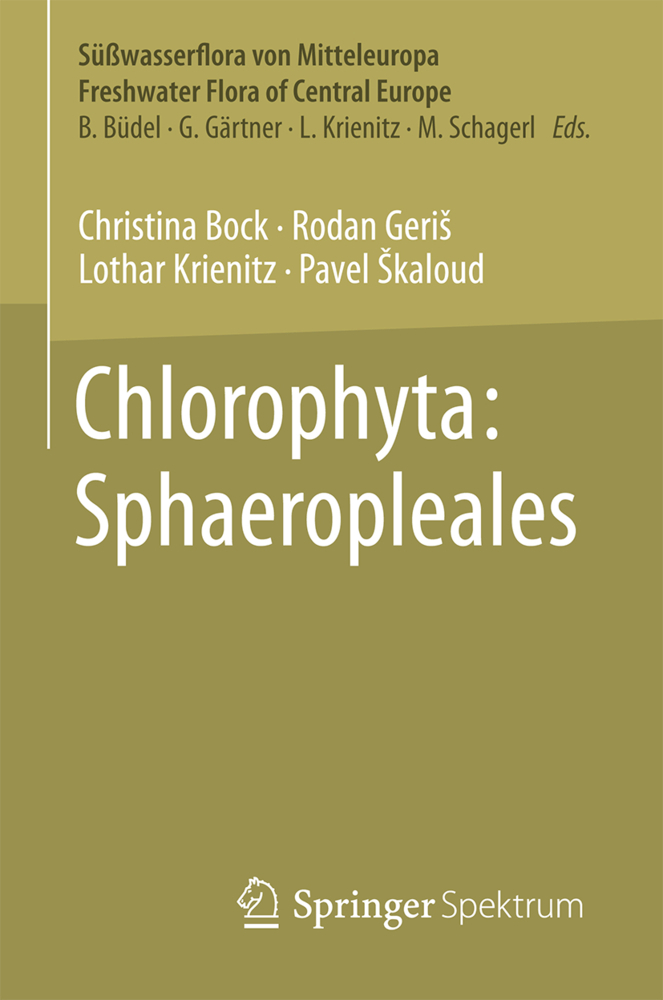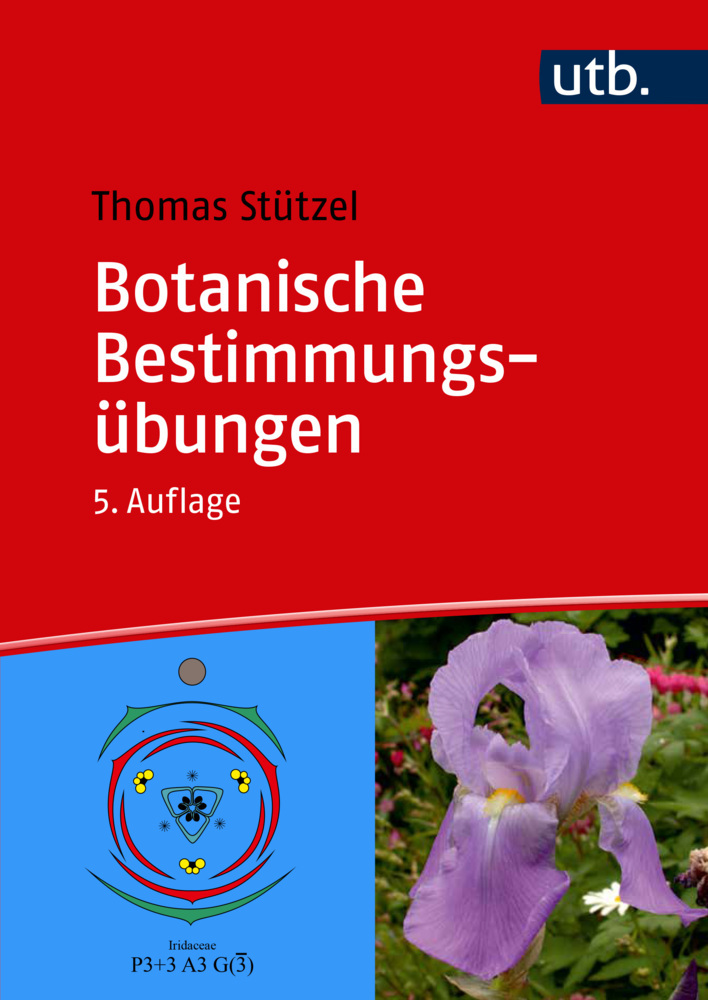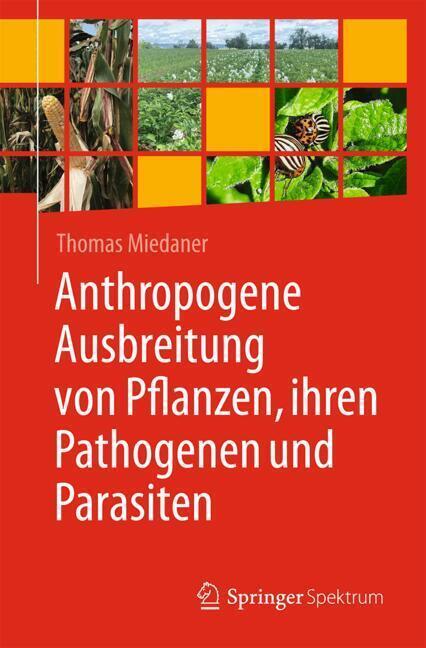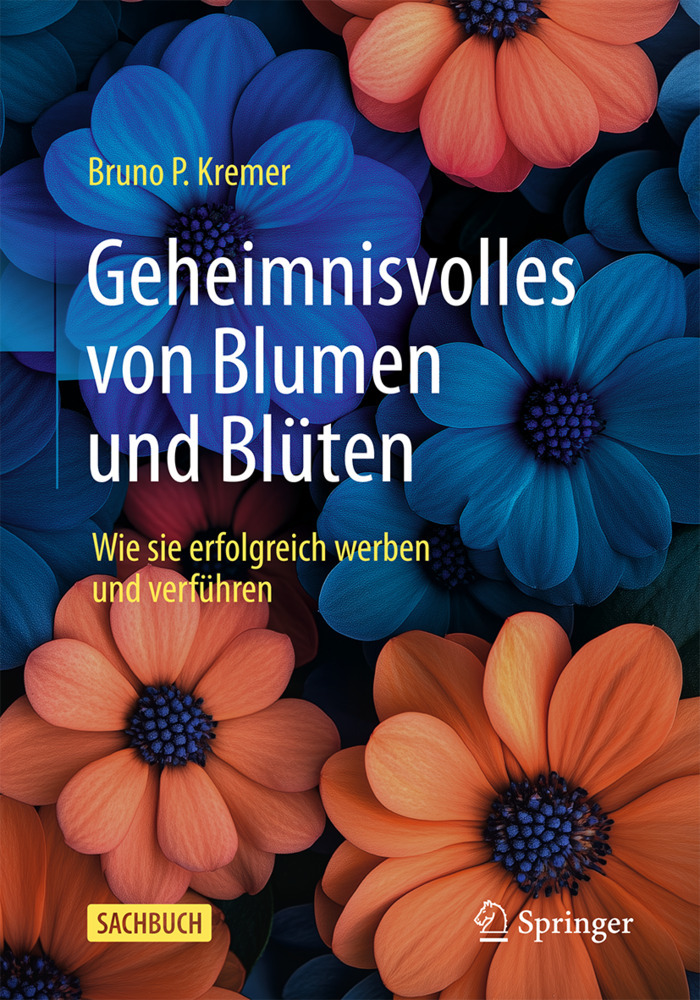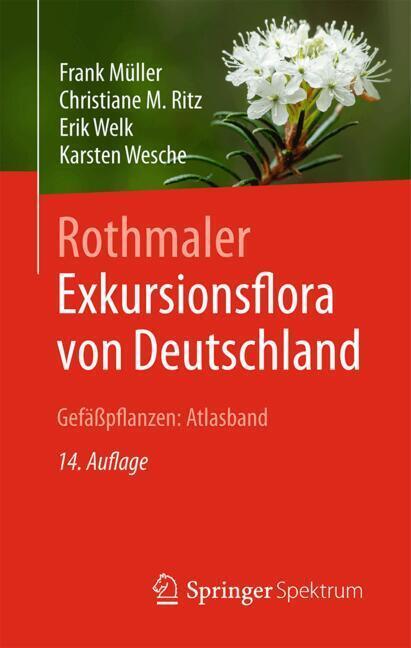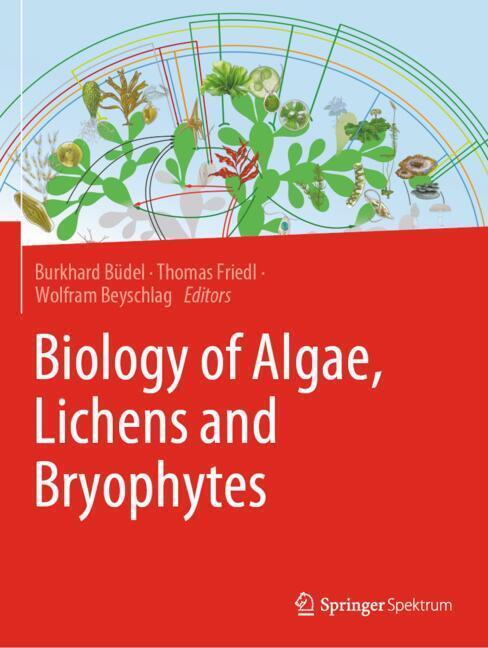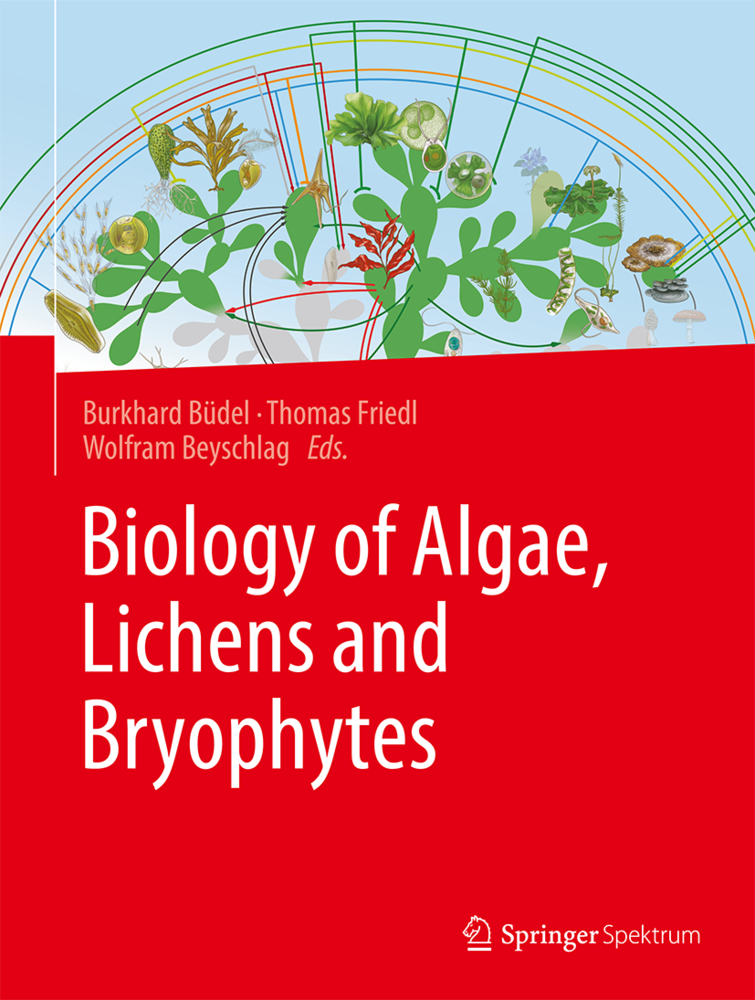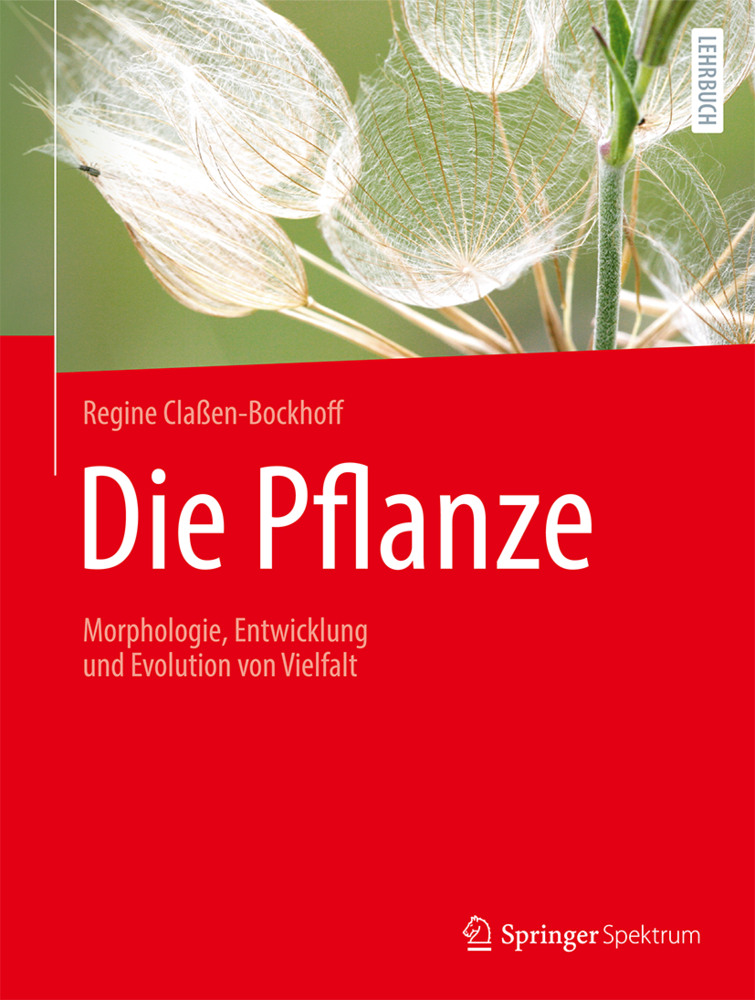This book focuses on the discoveries in M. truncatula genomic research which has been undertaken in the last two decades. Legumes are important for their economic values as food, feed, and fodder and also serve as the pillar of sustainable agriculture because of its biological nitrogen fixation capacity. Medicago truncatula was established as a model legume in the 1990s and has been well adopted as a model internationally since then. M. truncatula is an autogamous, diploid (2n = 16) species with a short generation time, and relatively small genome size (-375 Mbp). The M. truncatula genome was initially sequenced by the International Medicago Genome Annotation Group (IMGAG) in 2011 and has been well-annotated. M. truncatula research benefits from the availability of several genetic and genomic tools, such as gene expression atlas (MtGEA), insertion and neutron bombardment mutant populations, and a HapMap panel containing 384 sequenced inbred lines for genome-wide association studies. This book covers the current status and latest advancements of the M. truncatula genomics and transcriptomics resources along with a glimpse of newly developed tools that makes M. truncatula a front runner model in functional genomic studies.
Dr. Senjuti Sinharoy is a staff scientist at the National Institute of Plant Genome Research, India. She obtained her Ph.D. in Biochemistry in 2009. She has been working on the root nodule symbiosis using Medicago truncatula as a model for the last ten years. She worked in the Medicago genome project between 2009 and 2015, during her postdoctoral stay at Noble Research Institute, USA, and annotated the transcription factors in the Medicago genome. Her main research goal is to understand the molecular mechanism of root nodule symbiosis. She is working to decipher the transcription factors and their networks that govern root nodule development. For the last five years, she is heading the lab as an independent scientist and working on the symbiosis and development of tools for root nodule symbiosis and functional genomics studies.
Dr. Yun Kang is a Research Affiliate at Oklahoma State University, USA. She obtained her Ph.D. in plant biology at Florida State University in 2005. Her research interest has focused on plant abiotic stress, especially drought and salinity stress. She used genotype comparative studies and systems approach to reveal the mechanisms underlying natural variance in drought tolerance in alfalfa and tall fescue. In the past eight years, she performed genome-wide association studies (GWAS) in Medicagao truncatula for drought and salinity stress-related traits and built expertise in this area. Currently, at Oklahoma State University, she is continuing research on improving abiotic stress tolerance and quality of forage crops.Professor Vagner Augusto Benedito is an associate professor of Biochemical Genetics and Plant Physiology at West Virginia University. One of the research strands in his lab focuses on understanding gene function of transcription factors and membrane transporters during nodule development and symbiotic nitrogen fixation in the model legume, Medicago truncatula. Moreover, he is also interested in understanding how the genetic networks are formed and sustained and how natural genetic variation contributes to these processes, especially regarding nitrogen fixation efficiencies.
Sinharoy, Senjuti
Kang, Yun
Benedito, Vagner
| ISBN | 9783030907570 |
|---|---|
| Artikelnummer | 9783030907570 |
| Medientyp | E-Book - PDF |
| Copyrightjahr | 2022 |
| Verlag | Springer-Verlag |
| Umfang | 159 Seiten |
| Sprache | Englisch |
| Kopierschutz | Digitales Wasserzeichen |

